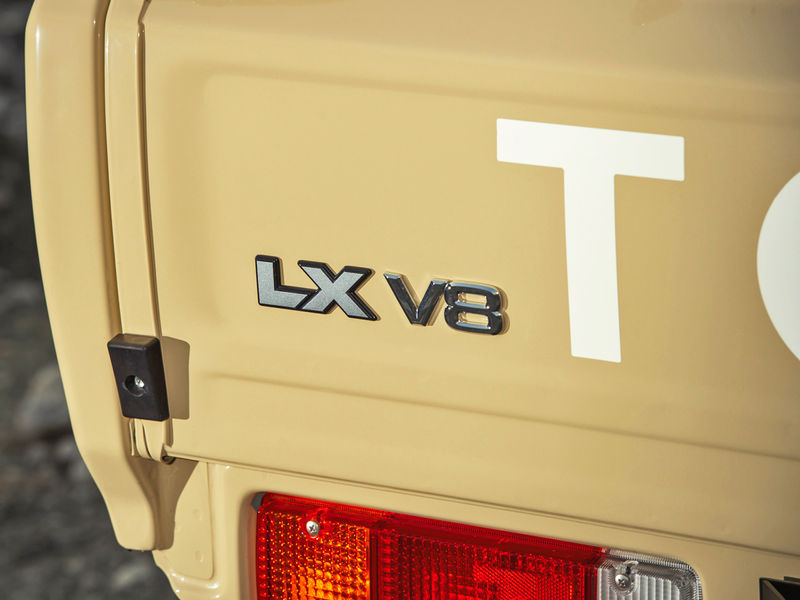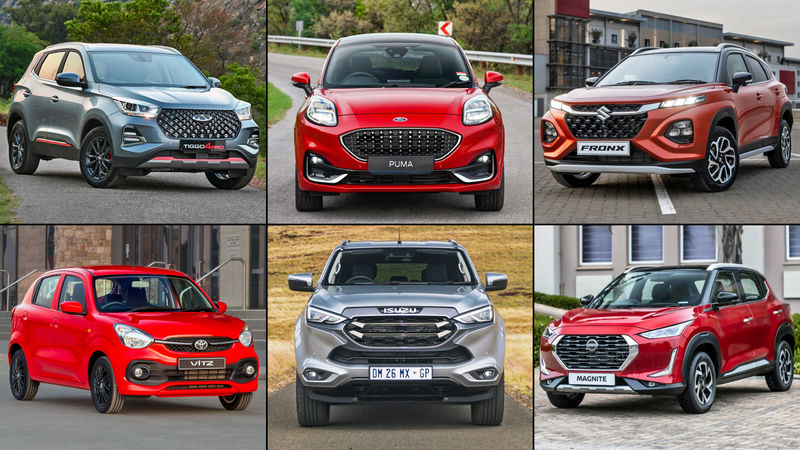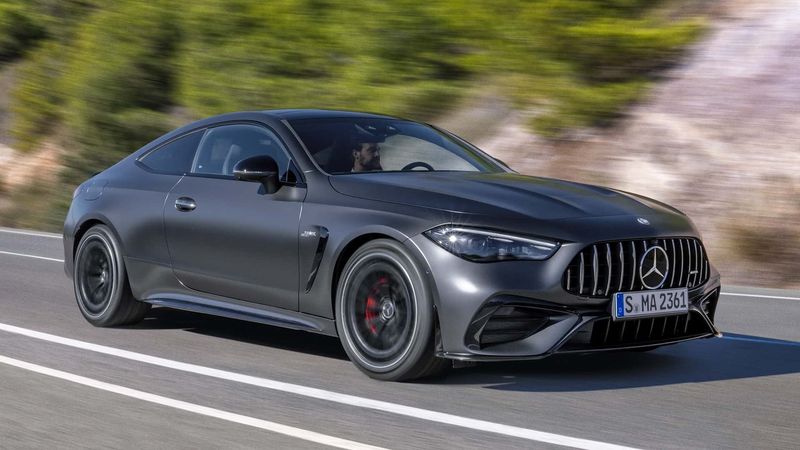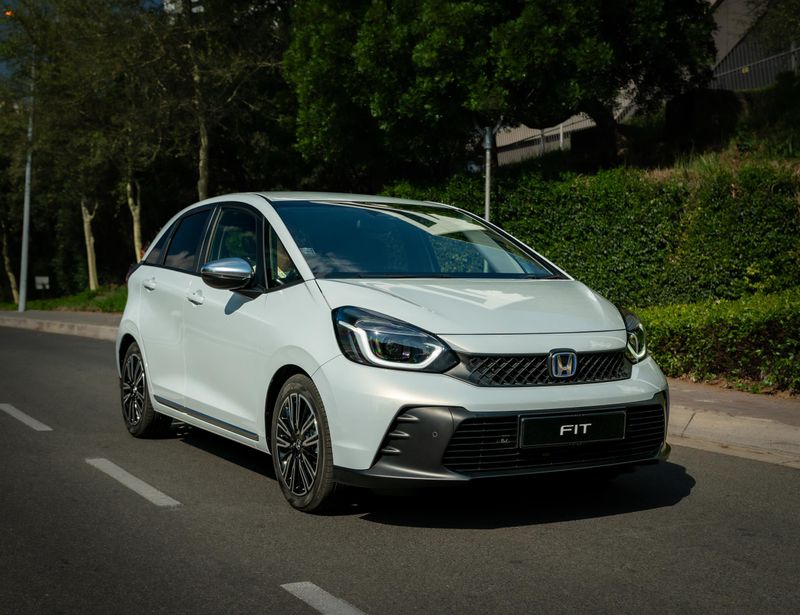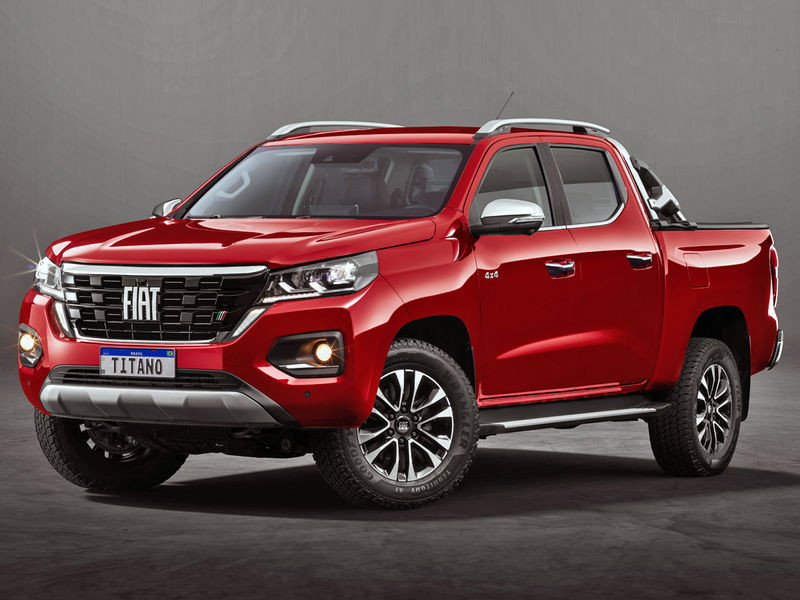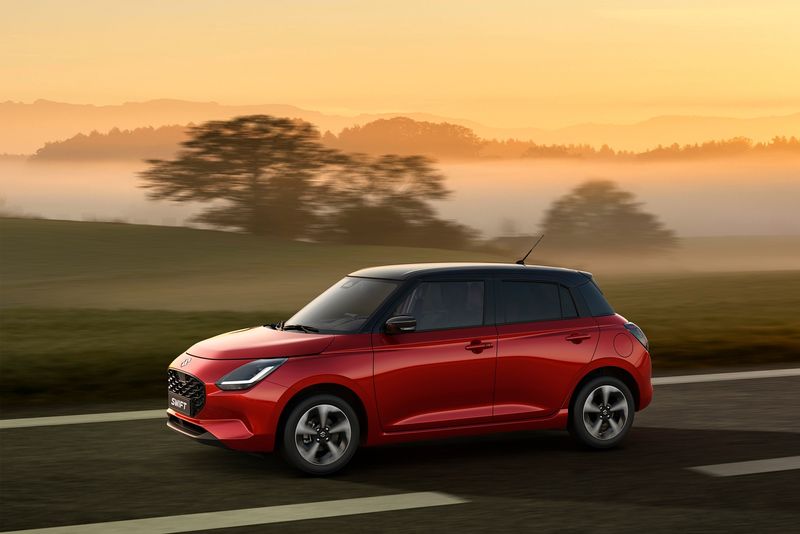Tesla is currently the dominating force in the world of EVs — or at least in terms of outright sales. In 2021, Tesla recorded just under 1-million Battery Electric Vehicle (BEV) sales or 936 172 to be exact while in the same year German firm, Volkswagen, managed to move 452 900 BEVs to customers. While Tesla currently sells the most EVs worldwide, this isn’t likely to last as Volkswagen is predicted to overtake the American EV giant in 2024.
This prediction was recently published by Bloomberg Intelligence, in a report entitled “Global Battery-Electric Vehicles: Race to the Top”. While Tesla is enjoying significant EV market share, traditional brands are playing catch up with factors such as rising battery costs and lack of scale being the key short-term challenges faced by most new EV manufacturers, barring Volkswagen.
With demand for BEVs expected to more than double by 2025, Volkswagen is expected to overtake Tesla in the EV sales race in 2024 with Chinese EV juggernaut, BYD, claiming the third spot while other manufacturers such as Mercedes-Benz, Ford, Toyota and others are lagging behind. The report does, however, foresee the gap closing significantly in the latter half of the decade as the economy of scale improves across the EV landscape.

Source: Bloomberg Intelligence
“Looking ahead, automakers in Europe, China and elsewhere will continue to challenge Tesla via an impending wave of new models, though profit incentives are limited amid rising battery costs and a lack of scale. That may change in 2025-26 as more brands achieve critical mass on new-generation models with proprietary software. There are a number of challenging external factors to consider and bold BEV ambitions have done little to prevent crisis-level valuation multiples, stoked by recession fears, rising interest rates, supply-chain constraints and inflation,” said Michael Dean, Senior European Automotive Industry Analyst at Bloomberg Intelligence.
In an effort to improve competitiveness, Volkswagen is investing up to €30-billion in the supply chain which includes new battery-cell plants which are all expected to be fully operational by 2030.
China is a major market for EVs and for traditional brands to secure meaningful market penetration in China is no easy task because not only does Tesla have a solid footing in that market (with 473 078 sales in 2021) but local manufacturers such as BYD, Nio and Xpeng are hugely competitive in terms of technology, range offering and lower prices.
If you are interested in reading the full report, you can download it here.
Buy a Volkswagen on Cars.co.za
2023 Volkswagen ID Buzz Finally Revealed
VW Confirms Electric Bakkie and SUV, Revives Scout Badge
BEVs are too heavy – and expensive
Podcast: Can you road trip across South Africa in an EV?
Is it time for South Africa to Switch to EVs?
